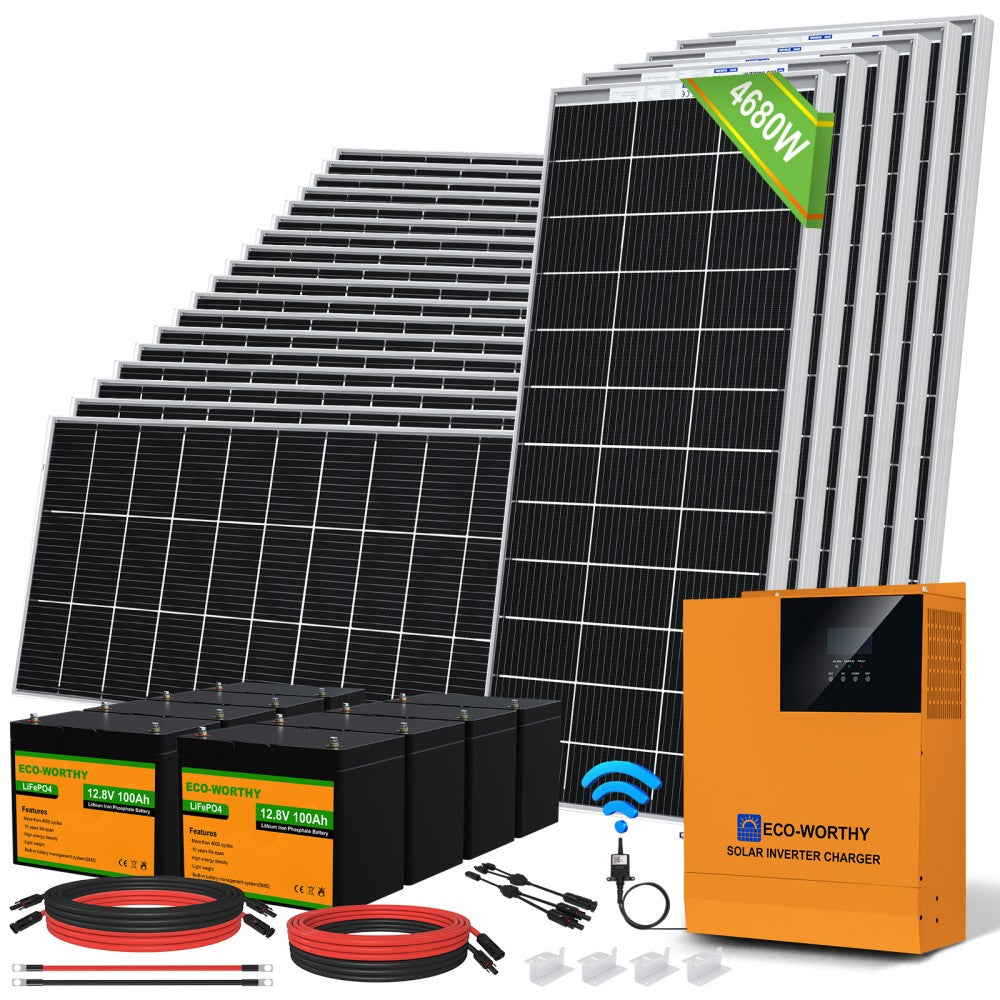As the world increasingly turns to renewable energy, the off-grid solar system has emerged as a viable solution for those seeking energy independence. This guide aims to provide a comprehensive understanding of the key components and considerations necessary for designing an effective off-grid solar system.

Understanding the Off-Grid Solar System
An off-grid solar system operates independently of the traditional electricity grid. It harnesses solar energy to power homes and businesses, making it an ideal choice for remote locations or for those wishing to reduce their carbon footprint. But what are the essential components of such a system?
Key Components of an Off-Grid Solar System
- Solar Panels: These are the heart of your system, converting sunlight into electricity. The number and type of panels depend on your energy needs.
- Charge Controller: This device regulates the voltage and current coming from the solar panels to the batteries, preventing overcharging.
- Batteries: Energy storage is crucial in an off-grid system. Batteries store excess energy generated during the day for use at night or during cloudy days.
- Inverter: An inverter converts the direct current (DC) from the solar panels and batteries into alternating current (AC), which is used by most household appliances.
Considerations When Designing Your Off-Grid Solar System
When planning your off-grid solar system, several factors must be taken into account to ensure efficiency and sustainability. These considerations include:
- Energy Consumption: Assess your daily energy needs. Understanding how much energy you consume will help you determine the size of your solar system.
- Location: The geographical location affects solar panel efficiency. Areas with more sunlight will yield better results.
- Budget: Establish a budget that includes all components of the system, installation costs, and maintenance.
- Regulations: Familiarise yourself with local regulations regarding solar installations, as these can vary significantly.
Benefits of an Off-Grid Solar System
Choosing an off-grid solar system offers numerous benefits. Not only does it provide energy independence, but it also reduces reliance on fossil fuels, thereby contributing to environmental sustainability. Additionally, it can lead to significant savings on energy bills in the long run.
Getting Started with Your Off-Grid Solar System
If you are considering an off-grid solar system, it is essential to start with thorough research and planning. For those looking for quality components, you can explore various options available at  . This resource can help you find the right kits tailored to your specific needs.
. This resource can help you find the right kits tailored to your specific needs.
In conclusion, designing an off-grid solar system requires careful consideration of various components and factors. By understanding your energy needs and the available technology, you can create a sustainable energy solution that meets your requirements while contributing to a greener planet.








